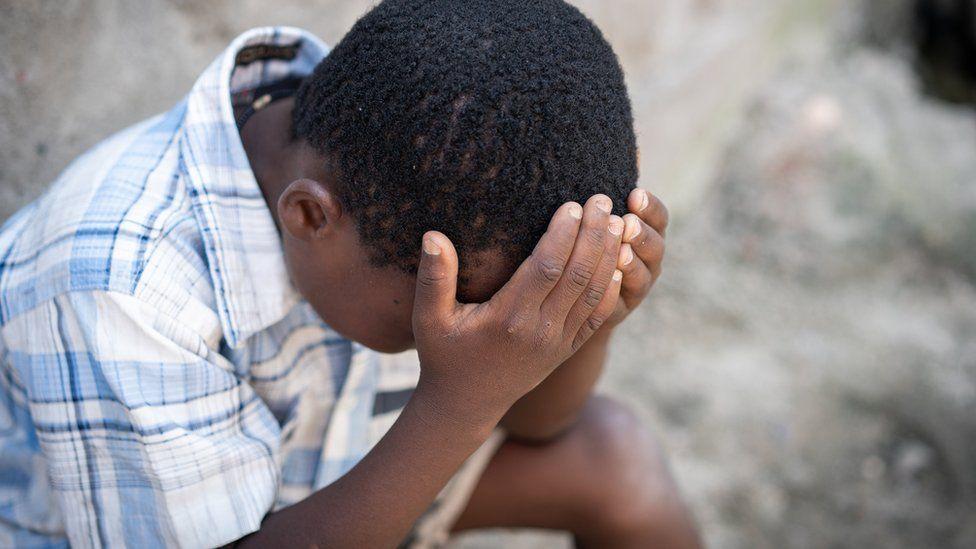Africa-Press – Mauritius. A government scheme to resettle refugees from the Democratic Republic of Congo to Northern Ireland was cancelled after what the Home Office described as “racist events” in Belfast.
BBC News NI understands the Home Office had concerns after racist attacks on the Roma community in 2009. The Congolese refugees were eventually resettled in Rochdale in England.
More than 800 Afghan refugees are due to arrive in Northern Ireland in 2022. The UK Border Agency was involved in a project to bring 120 Congolese refugees from a camp in Tanzania to the UK and Ireland.
The group were to be split between Monaghan in the Republic of Ireland and a location in Northern Ireland. The international programme was operating under the supervision of the United Nations.
The scheme aimed to “resettle the most vulnerable refugees currently living in refugee camps or urban areas whose life, liberty, safety, health or other fundamental human rights are at risk in the country of refuge”.
‘Racist events’
Until now, little has been known about the scheme but an evaluation of the project carried out at the time said “in the event, difficulties were encountered working against a tight timetable to prepare the ground (politically, practically and socially) for the arrival and resettlement of the refugees in Northern Ireland, an area with little experience of managing the resettlement of refugees”.
A freedom of information request led to more detail being provided. The response stated: “Due to issues around timing and preparedness of Northern Ireland host communities, and taking into consideration the unfortunate impact of the negative media coverage following racist events in Northern Ireland in 2009, the decision was taken in July of that year, not to resettle refugees to Northern Ireland at that time.
”
Country profile: DR Congo
The decision to delay the scheme meant some of those due to travel to Northern Ireland had to remain at the refugee camp for an extra year. In 2009, Northern Ireland made headlines across the world after a number of racist attacks on Roma families.
About 100 members of the Roma community left their homes and had to seek refuge in church halls before the Northern Ireland Executive arranged transport for them back to Romania.
BBC News NI’s Good Morning Ulster programme understands that it was in the aftermath of those events that the decision was taken not to bring the refugees from DR Congo to Northern Ireland.
Since 2009, things have changed and almost 2,000 Syrian refugees have been resettled in Northern Ireland since 2016 through a UK government scheme. The Stormont executive has also committed to resettle about 800 refugees from Afghanistan in 2022.
‘Prejudice and bias’
When contacted by BBC News NI, neither the Home Office nor the Northern Ireland Executive answered our questions about the reasons for cancelling the scheme. The Stormont Executive Office said: “The situation in respect of refugees and asylum seekers has changed considerably over the past number of years.
Two new schools to welcome refugee children
NI resettles highest proportion of Syrian refugees
Fleeing the Syrian war for Belfast
“We have a relatively small but increasing minority ethnic population, which is bringing welcome diversity to our local communities.
“While we believe this is a welcoming place, we recognise that unfortunately there will be a small number of individuals in society who still demonstrate prejudice and bias.
“Through initiatives such as the racial equality strategy and the draft Refugee Integration Strategy, which is currently out for public consultation, we are committed to making this a place built on equality and respect where everyone can live fulfilled lives and realise their full potential.
The Home Office said the UK government had “a proud history of supporting refugees through safe and legal routes”.
“We are grateful to Northern Ireland for their efforts in the UK’s resettlement schemes and for their participation in supporting asylum seekers,” it added.
For More News And Analysis About Mauritius Follow Africa-Press







